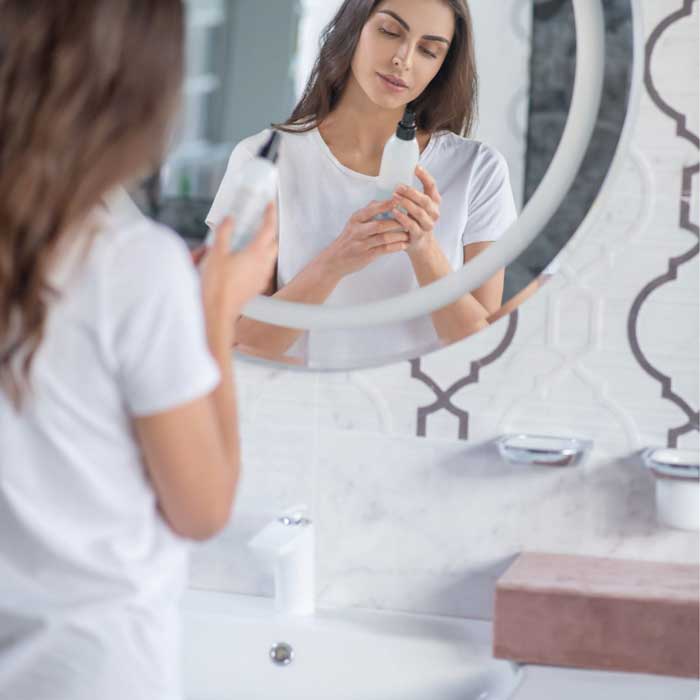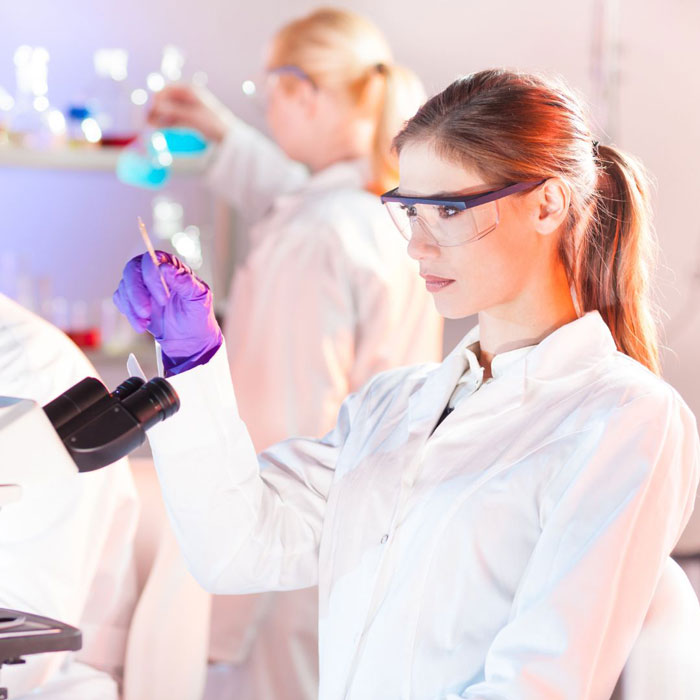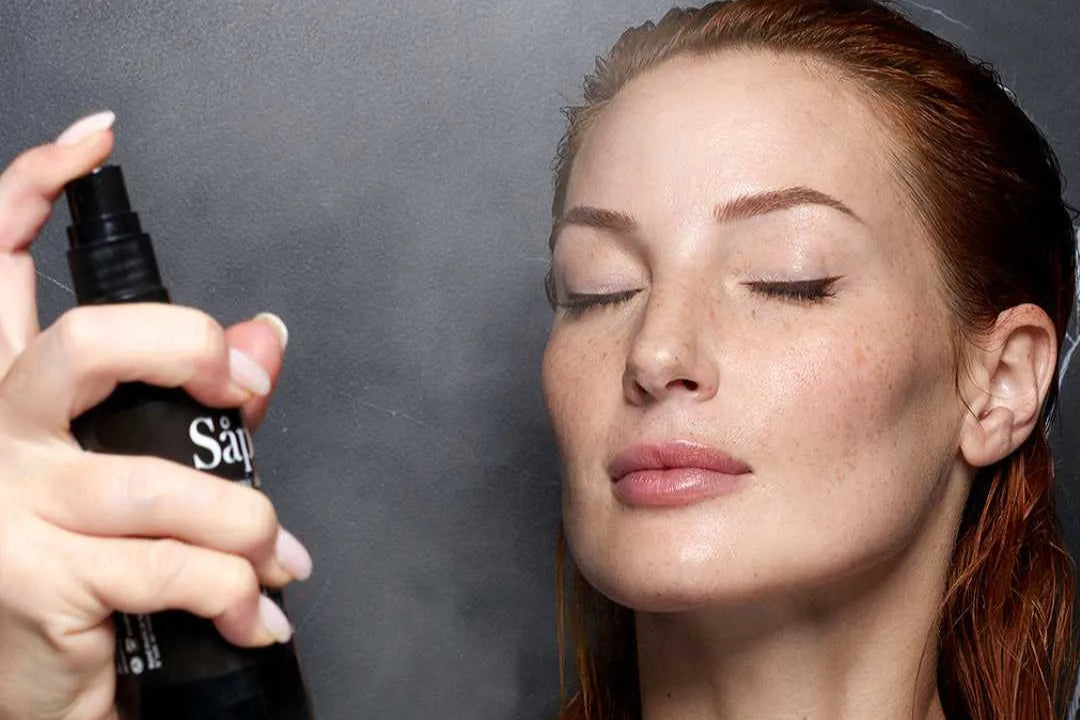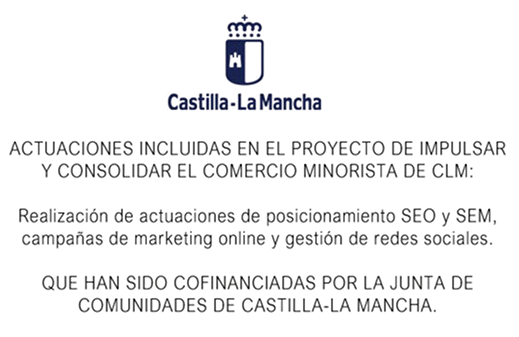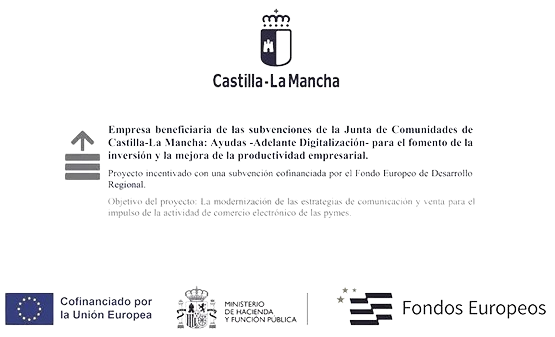Cosmetics are a form of external nourishment we provide to our skin. It's a way to enhance the skin's natural regeneration, revitalization, and protection processes.
A good cosmetic product doesn't have to replace the skin's primary function, but rather support and complement it. This is what high-end natural and organic cosmetics do: add value to what the skin already knows how to do.
Through the use of high-quality active ingredients from the botanical world , flowers, plants, trees and roots, high-end artisan natural cosmetics are a tool to use to optimize the magic that happens inside our body : tissue renewal.
However, this does not mean that all natural cosmetics are a way of making high-end natural and artisanal cosmetics: you have to be careful with this!
There is a big difference between conventional cosmetics, which claim to be natural ingredients, and artisanal natural cosmetics.
Is claiming a natural ingredient the same as manufacturing with 100% natural ingredients?
The main difference between conventional cosmetics, which claim to be natural ingredients, and high-end natural and artisanal cosmetics is the percentage of natural, high-quality ingredients in the formulation, their origin, and the way in which they are extracted.
In Spain, we can find many conventional brands that appear natural , both for aesthetic and marketing purposes, and claim "natural" as an intrinsic part of the brand. Therefore, currently, talking about natural cosmetics doesn't mean much, as there are many cosmetic brands that combine natural ingredients with synthetic ingredients, or even whose natural ingredients have been so processed that they are no longer considered entirely natural.

High-end natural cosmetics are artisanal , and yet they are very different: they are the quintessence of natural beauty, conscious and respectful of the planet . It's a true art, a philosophy of life. Discover how we make artisanal natural cosmetics in our laboratory in the following video:
When we talk about high-quality natural and artisanal cosmetics , we are referring to a type of cosmetic that uses the highest quality active ingredients in its formulations:
- They are brands that are usually certified with a European quality seal, such as Bio.Inspecta
- All of its ingredients are natural, and a high percentage come from organic farming , and most are vegan brands
- They usually use botanical ingredients in their purest state, extracting them through processes that respect and do not alter their composition, such as the first cold pressing, for example,
- They combine with each other to enhance and add to each other,
- They are usually produced in small quantities, in small, artisanal laboratories , following demand and avoiding mass production…
High-end natural and artisanal cosmetics are what apothecaries used to do in pharmacies: combining different plants and natural elixirs to create formulations that heal, that care, and that protect the body from harmful external agents.

What are the requirements for selling natural and artisanal cosmetics?
The requirements for selling conventional cosmetics or artisanal natural cosmetics are the same, although they may vary depending on the country and jurisdiction you are in. In the case of Spain, to sell high-end artisanal cosmetics, it is necessary to comply with a series of requirements and regulations established by the Spanish Agency for Medicines and Health Products (AEMPS) and the European cosmetics regulations (Regulation (EC) 1223/2009) . These requirements are the same for manufacturing conventional cosmetics or natural cosmetics.
Below we list some of the main requirements:
- Product registration : You must notify your cosmetic products to the Spanish Agency for Industrial Development (AEMPS) before placing them on the market. This involves submitting a notification file with information about the products, the ingredients used, and the details of the legal representative.
- Labeling and presentation : Cosmetic products must be labeled appropriately and comply with current regulations. The label must include information such as the product name, list of ingredients, product function, precautions for use, batch number, expiration date (if the product requires it), contact information for the manufacturer or responsible party, and the country of origin.
- Good manufacturing practices : You must comply with good manufacturing practices to ensure the quality and safety of your products. This involves following hygiene standards, having a suitable manufacturing facility, using safe ingredients, and maintaining production records.
- Safety Assessment : Your cosmetic products must be safety assessed to ensure they pose no health risks to consumers. You can do this yourself or through a qualified professional.
- Reporting adverse effects : If any adverse effects related to your cosmetic products occur, you must report them to the AEMPS.
- Ingredient restrictions and prohibitions : There are restrictions and prohibitions on certain ingredients in cosmetic products. You must ensure that the ingredients used comply with regulations and are not prohibited.
These are just some of the key requirements we at SAPER have had to follow in order to create and sell products that we describe as high-quality natural and artisanal cosmetics, which we prepare with great care and attention in our private laboratory in Uceda.

What should I look for if I don't live in Spain?
If you don't live in Spain, here's another short general list of common requirements you might encounter when selling handmade cosmetics:
- Regulations and Licensing : Research the specific regulations that apply to the sale of handmade cosmetics in your country and make sure you comply with all legal requirements. This may include obtaining special licenses or permits to manufacture or sell cosmetics.
- Good manufacturing practices : You must follow good manufacturing practices to ensure the quality and safety of your products. This involves maintaining a clean work environment, using safe ingredients, and meeting appropriate hygiene standards.
- Proper labeling : Make sure your products are properly labeled according to local regulations. This generally includes information such as the list of ingredients, directions for use, precautions, and your company's contact information.
- Ingredient Registration : Some jurisdictions may require you to register the ingredients used in your cosmetic products. Be sure to check if this is necessary and comply with the corresponding requirements.
- Safety and efficacy testing : Depending on your location, you may need to conduct safety and efficacy testing of your products before releasing them for sale. This may involve microbiological testing, stability testing, and skin irritation testing, among others.
- Liability Insurance : Consider getting liability insurance to protect yourself in case a customer files a claim related to your products.
- Cosmetics Compliance : Ensure you comply with specific cosmetic product standards and regulations regarding permitted ingredients, maximum concentrations, and any other applicable restrictions.
It's important that you consult with the relevant authorities, such as cosmetics regulatory agencies, or seek specific legal advice in your country to obtain accurate and up-to-date information on the requirements that apply to the sale of handmade cosmetics.
And above all, put all your love and affection into it, since cosmetics can be true gifts from nature or weapons against the planet.




